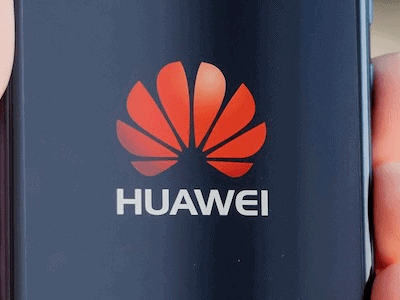Things that could still turn the tide for the Indian telecom operators..
Share This Post
It was a real pleasure listening to Hans Vestberg, President and CEO of Ericsson recently at the Ericsson Connect 2015 at New Delhi along with the other distinguished speakers during the course of the event. And of course, the star performance of Rajiv Makhni who while doing the serious stuff, made us all laugh in a real 5G (which is yet to come).
Coming to the serious part of what I could take away from this event while interacting with a cross section of people is the core problem that the telecom industry is facing right now in terms of investments.
While companies like Ericsson have some wonderful technologically driven answers to some of the serious problems affecting operators, especially in this part of the world, operators do not have the money to invest. They are already overstressed.
At the other end, we have start-ups giving operators add-on revenue streams on the existing infrastructure. So a case for further partnering. But, this is also threatened by the OTT ecosystem, that may use the entire infrastructure without giving perhaps proportionate share to the enablers, like operators.
Operators, perhaps cannot lend more money from the markets as their financial statements do not make a good case before investor communities. So, while all is ready for the next wave, how are we going to fund it? This is the biggest challenge that the industry is facing as of today.
In my opinion, one of the reasons that led to poor financials of operators is their crazy pricing strategy. First, you offer it at near zero price and then after bleeding profusely, raise it steep which makes consumers look for alternatives and OTTs at some point of time encash this.
I think the operators have to be realistic in pricing and let the services be subscribed by only those who can afford it. We cannot and should not subsidize it at the cost of our future growth. This is where the Indian telecom operators went wrong with their long term strategy.
Now, the situation is that we have to advance technologically and that needs investments. Companies like Ericsson will have a crucial role to play now, especially in the Indian market. Not just for provisioning of latest technology, but also to drive the next growth. So, apart from perhaps investing in to the operators’ space, it might need to co-create the market along with the operators.
I think India and African markets need to be seen in sync by companies like Ericsson and the operators of India. So while, in India the case is of replacement and upgradation of infrastructure, in African market, its predominantly build-up. This is where there can be a large partnership between the operators in India and the likes of Ericsson.
Through this mechanism, the infrastructure in place in India can be utilized for building networks in the African region and ease operators’ position in India in facilitating the next wave of infrastructure upgrade. It could become a real win-win case, where the markets in Africa would get networks on a BOOT model from companies like Ericsson in partnership with the operators in India and in return the Indian telecom industry would get an upgrade at lesser investments.
Perhaps, while the technology is changing rapidly and in turn changing the societies, the business models also need a change and calls for co-creation of the market to address the opportunities. The business partnerships and alliances need to change and be more than backward and forward integration. Perhaps we are at the threshold of Value-Chain partnerships and alliances and the Indian telecom market could be the starting point towards this.
First published in CiOL on September 3rd, 2015













